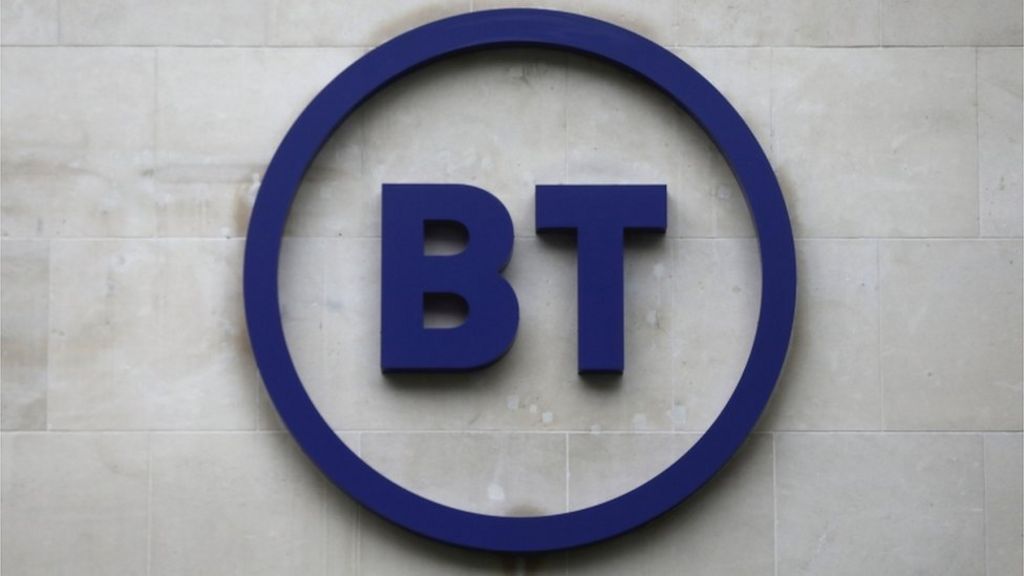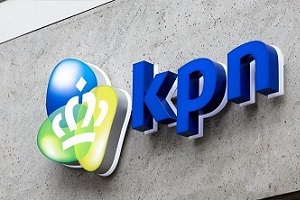Some latest business moves in the telco space illustrate where communications service providers (CSPs) should be looking to aid further growth. Business technology journalist, Antony Savvas considers the opportunities.
Security
The investment arm of Dutch telco KPN has taken a major stake in cloud security services firm Censornet. KPN Ventures took part in Censornet’s series C funding round. The investment is set to boost Censornet’s 2022 expansion plans as it makes enterprise-grade cyber security “affordable” for mid-sized organisations.
Censornet’s Autonomous Integrated Cloud Security platform integrates email security, web security, cloud application security and multi-factor authentication (MFA) solutions into one line of defence. The firm says it has already delivered “strong growth” through MSPs (managed service providers) and other partners.
“Censornet has an impressive track record in the cloud cyber security space and its integrated cyber security platform offers a strong value proposition to mid-market organisations facing rising cyber threats,” says Hans Sohngen, managing director of KPN Ventures. “In addition, Censornet perfectly fits KPN’s ambition to offer a safe digital experience to its customers.”

Ed Macnair, CEO at Censornet, rightly adds, “Telcos are in prime position to connect and defend organisations. KPN, in particular, has a strong focus on security for its networks and services, making KPN Ventures a perfect partner for our future growth.”
KPN is buying into a company with an already strong brand pedigree, with Censornet’s customers including the likes of Lotus Cars, Fever Tree, Hallmark Hotels, and Thatchers Cider. It’s a smart move and recent events illustrate why telcos should be doing something similar to boost their security services reach, whether making more out of their existing internal security expertise or considering acquisitions to do it.
Services
Last week, multiple European oil transport and storage companies were hit by a series of coordinated cyber attacks, which followed a breach at Oiltanking in Germany.
With IT systems offline and massive port disruption reported, the latest hacks highlighted the importance of tight security in the vulnerable oil and supply chain industries. More security staff and wider security operations centre (SOC) capacity are needed by telcos to put them in the middle of the growing security services market.
As many of these attacks, particularly in manufacturing, supply chain and logistics, are being launched from the Internet of Things (IoT) and mobile networks that telcos own, they are closer to the problem than most of the competitors they are up against when it comes to winning services business.
Jonathan Gould, senior cyber security consultant at Bridewell Consulting, outlines the opportunities for active participants. He says, “Many organisations have felt pressure to automate and to open up remote management of control systems in a drive to reduce costs. However, without the right expertise to facilitate secure connectivity, this can hamper, or even remove, the ability to fall back to manual operations in an emergency. Some organisations may also have under-invested in cyber security in the past, despite evolving threats.”
He correctly says, “Cyber attacks are now inevitable, it’s about improving cyber posture and resilience to ensure the organisation can detect, mitigate and respond when they happen.” Telcos should be ready to rush in and help them in establishing zero trust network access (ZTNA) frameworks, something I have covered previously in this column.(Also see: Big opportunities emerge from industry struggles.
Such a framework ensures that every data packet and user on the network is given “zero trust”. Users are only given access to applications and data they need to do their job, every data packet is checked and every user is authenticated on the network, and there is widespread data encryption. In addition, networks are “segmented” into different users and applications, to prevent the easy flow of malware and ransomware across the corporate network.
Safety gap

Such advances have never been more needed. According to research from Bridewell Consulting, the vast majority (86%) of critical national infrastructure (CNI) organisations’ have detected cyber attacks on their operational technology (OT) or industrial control systems (ICS) in the last 12 months, with 93% of these admitting experiencing at least one successful attack.
These findings come despite over three-quarters (78%) saying they are “confident” their OT systems are protected from cyber threats, highlighting a degree of misplaced confidence in CNI cyber security.
The research surveyed 250 UK IT decision makers in the aviation, chemical, energy, transport and water sectors, and also found that organisations are facing increasing risks posed by ageing legacy infrastructure that is becoming increasingly connected. It also showed that CNI organisations “generally trust” third party suppliers and partners.
Bridewell is an independent cyber security services company and is making efforts to carve out a niche in the growing market, and telcos should obviously follow its step.
Data discovery
The news that the Discovery company has entered into exclusive discussions with BT to create a new sports venture in the UK, by combining its Eurosport business with BT Sport, is another example of telcos realising that content is the domain of others. But BT’s move could be a useful “hybrid” alternative, instead of pulling out of content altogether.

The companies are planning a 50:50 joint venture to be operational this year. After ploughing in many hundreds of millions in buying up sports rights, BT clearly doesn’t want to give up the content ghost completely.
The proposed venture, expected to be finalised in the “coming weeks”, would bring together extensive portfolios of premium sports, including the Olympic Games, Premier League, UEFA Champions League, UEFA Europa League, cycling Grand Tours, tennis Grand Slams, the winter sport World Cup season and Premiership Rugby.
That’s an exciting prospect for BT, who while never really getting off the ground with its broadband-based TV venture as a competitor to the likes of Sky and Virgin, has produced an excellent sports channel. By partnering with Discovery to take some of the weight in marketing it and distributing it, perhaps it will start making some money.
Smartphone patents
BlackBerry is raising $600 million (€709 million) from the sale of its extensive smartphone patents to what has been widely described as a “patent troll” called Catapult IP Innovations.

BlackBerry will still have access to the sold patents in the rather unlikely circumstance it wants to release another BlackBerry phone. BlackBerry will instead continue focusing on the provision of security services to various industries, including the car market, following the deal.
With the patents under its control, Catapult will legally go after anyone infringing them to try and make its money back through damages.

The BlackBerry operating system on smartphones was disconnected from BlackBerry servers this January, finally rendering BB OS devices redundant. The remaining number of BlackBerry smartphone users still running their Android-based devices (including this author) will now be wondering whether someone else will come into the frame to license patents and launch a first 5G BlackBerry device.
Promises from a new manufacturer about launching a 5G BlackBerry last year came to nothing. Admittedly, it’s not a subject on many people’s lips, but it would be a shame to lose the brand altogether in the phone space. After all, we still have Nokia and even Alcatel mobile phones on the market.
The author is Antony Savvas, a global freelance business technology journalist.
Comment on this article below or via Twitter: @VanillaPlus OR @jcvplus






